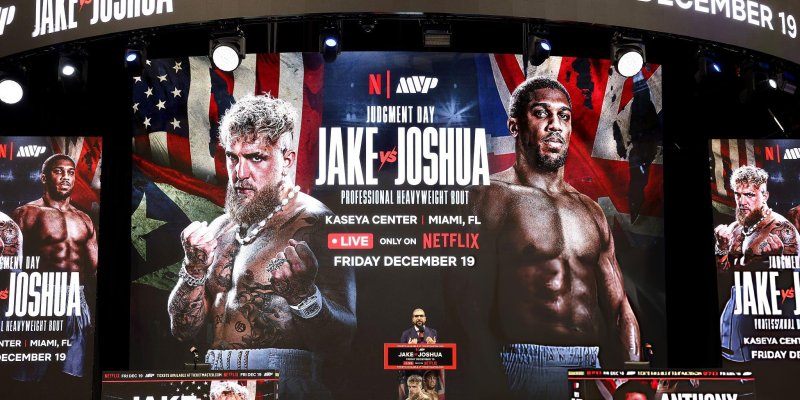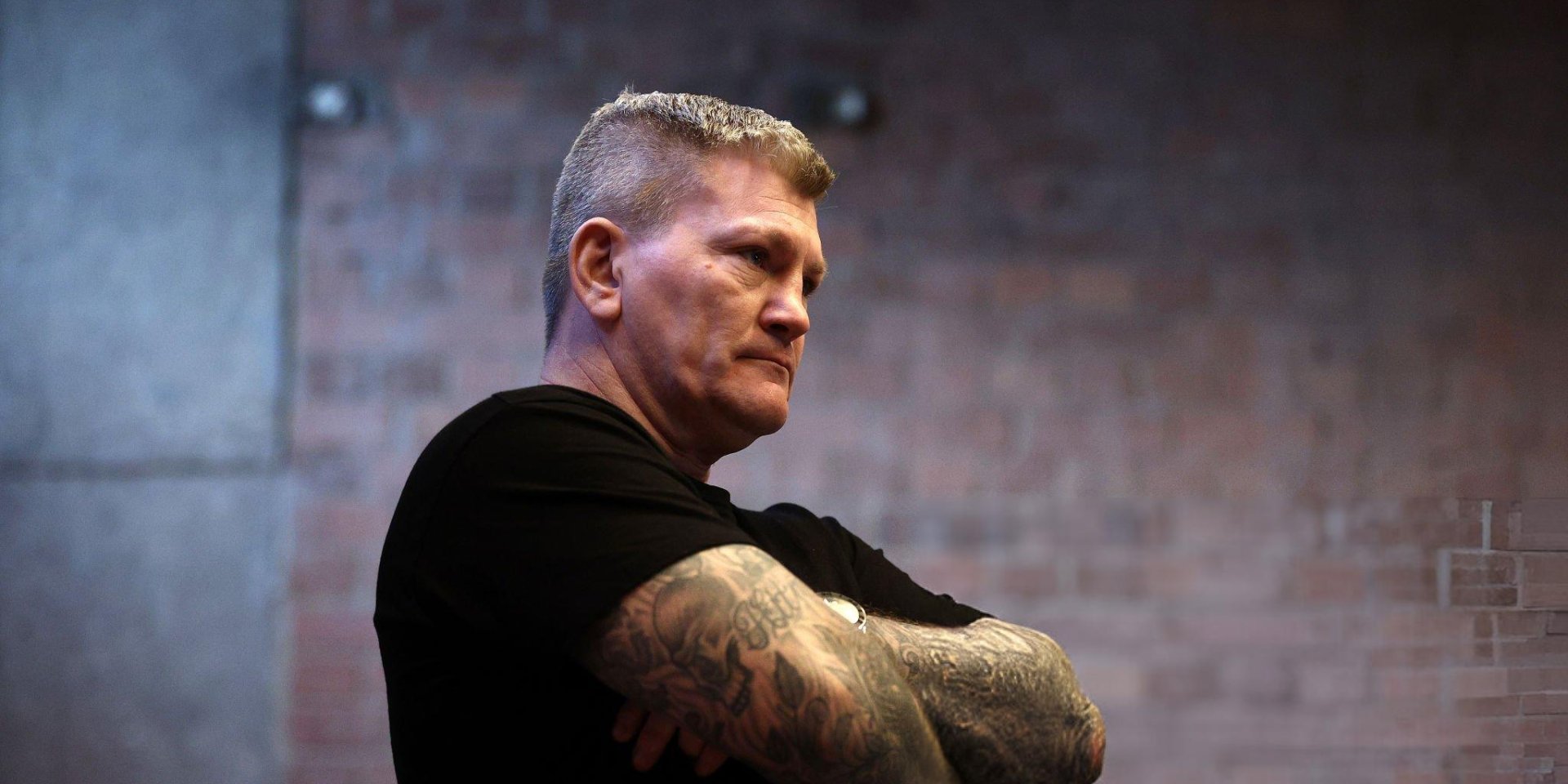
The morning of September 14 became a dark day for boxing. Ricky Hatton was found dead at his home in Hyde, Greater Manchester. Police confirmed that they responded to a call and that the circumstances are not being treated as suspicious; the former champion was 46. The sports world froze between grief and disbelief: only a few months earlier, Hatton had announced a return to the ring.
From Hyde to World Titles
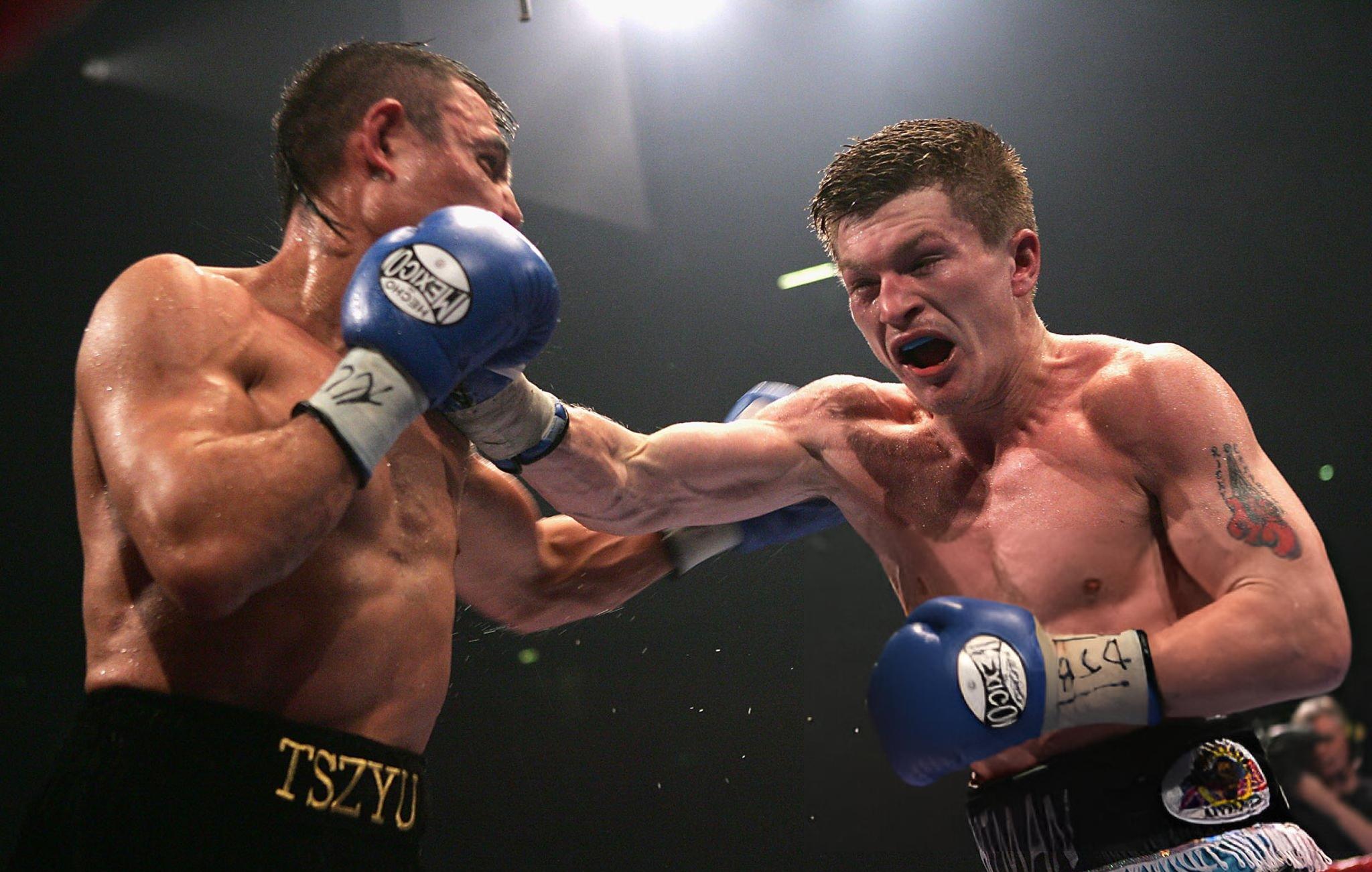
Ricky “The Hitman” Hatton became one of the symbols of British boxing in the 2000s. His breakthrough was a 2005 victory over Kostya Tszyu, after which he cemented himself at the top of the super lightweight (light welterweight) division and became the face of the Manchester boxing school. Relentless pressure, body work, and grit — that’s what the crowds adored, following their idol by the thousands around the world. Hatton’s professional ledger: 45 wins, 3 losses, 32 KOs.
Twists of Fate: Mayweather, Pacquiao, and a Difficult Return
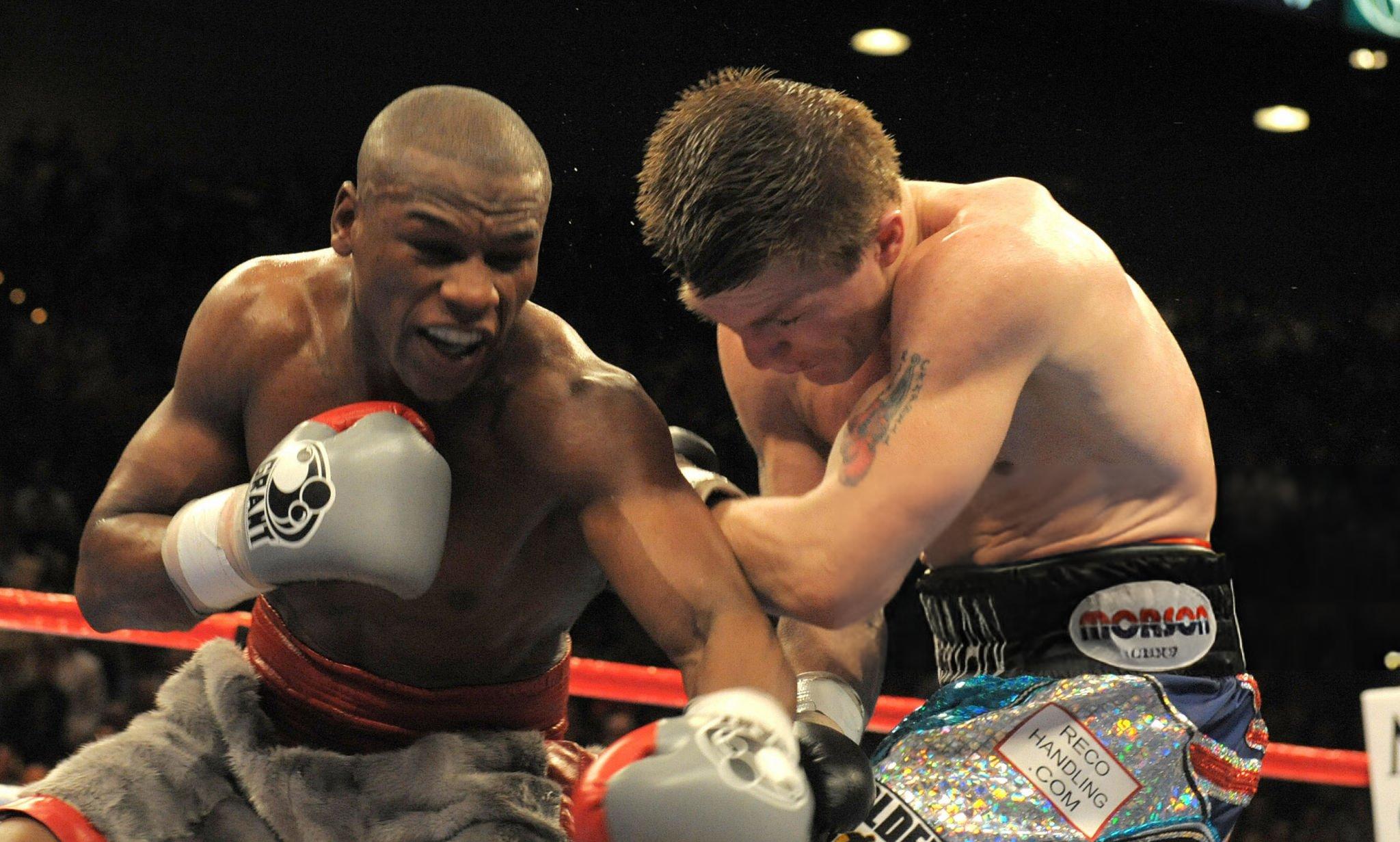
Hatton’s unbeaten run ended in December 2007 in a bout with Floyd Mayweather. A year and a half later came an even more crushing defeat to Manny Pacquiao. In 2012, Ricky tried to start again — he returned for a single fight, but lost by knockout to Vyacheslav Senchenko and hung up the gloves for good. He called these chapters of his career the hardest, admitting that getting through them was tougher than any twelve rounds.
The Fight He Waged Outside the Ropes
After his active career ended, Hatton spoke openly about depression, alcohol, and drug problems. His honesty helped hundreds of athletes and fans take a fresh look at mental health: Ricky turned personal experience into public support, becoming an example of how to seek help and not be ashamed of vulnerability. Today he is thanked for that candor no less than for his liver shots and signature pressure.
Coach, Mentor, Beloved Granddad

As the years went by, Hatton spent more and more time in the gym — on the other side of the ropes. He helped young fighters, shared what you can’t read in textbooks, and was genuinely proud of their successes. Among the notable stories is Zhanat Zhakiyanov’s path to a championship title; for Ricky, it was a coach’s victory equal to a personal belt. Away from sport, he didn’t hide that the role of granddad was the best “job” after world champion.
An Unfinished Comeback: Dubai Didn’t Get to See It
This summer Ricky announced a return to professional boxing: on December 2 in Dubai he was set to face 46-year-old UAE boxer and promoter Eisa Al Dah. According to the organizers, it was to be a real fight, not an exhibition. Hatton’s decision looked bold — another challenge to himself and to time, an attempt to leave not a comma but an exclamation point on his résumé. Fate decreed otherwise.
A Legacy That Can’t Be Measured by Belts Alone
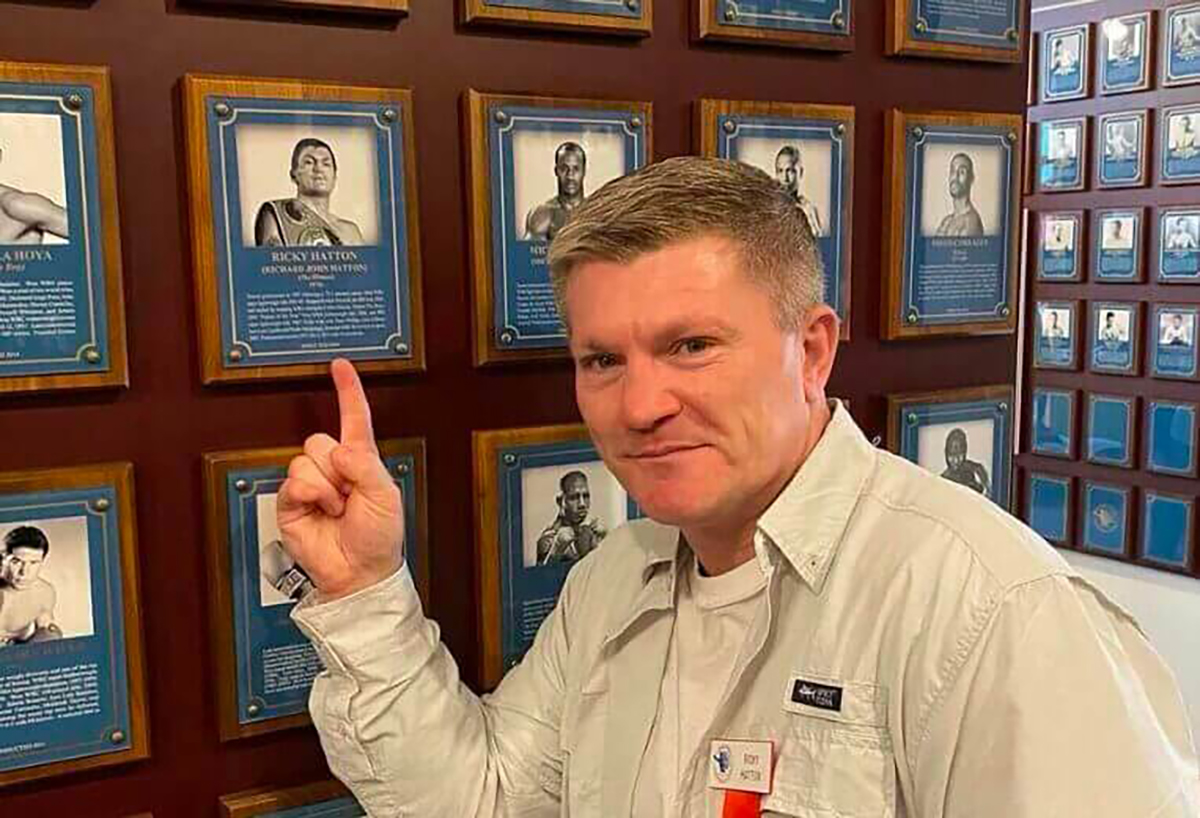
In 2024, Hatton was inducted into the International Boxing Hall of Fame — official recognition that his contribution goes beyond statistics. But the true memory of him isn’t only in the accolades; it’s also in the fan culture he built around himself and the style people loved him for: going forward, fighting on the inside, and never hiding behind the ropes. For British boxing, he was more than a champion — he became the voice of an era.
Instead of an Epilogue
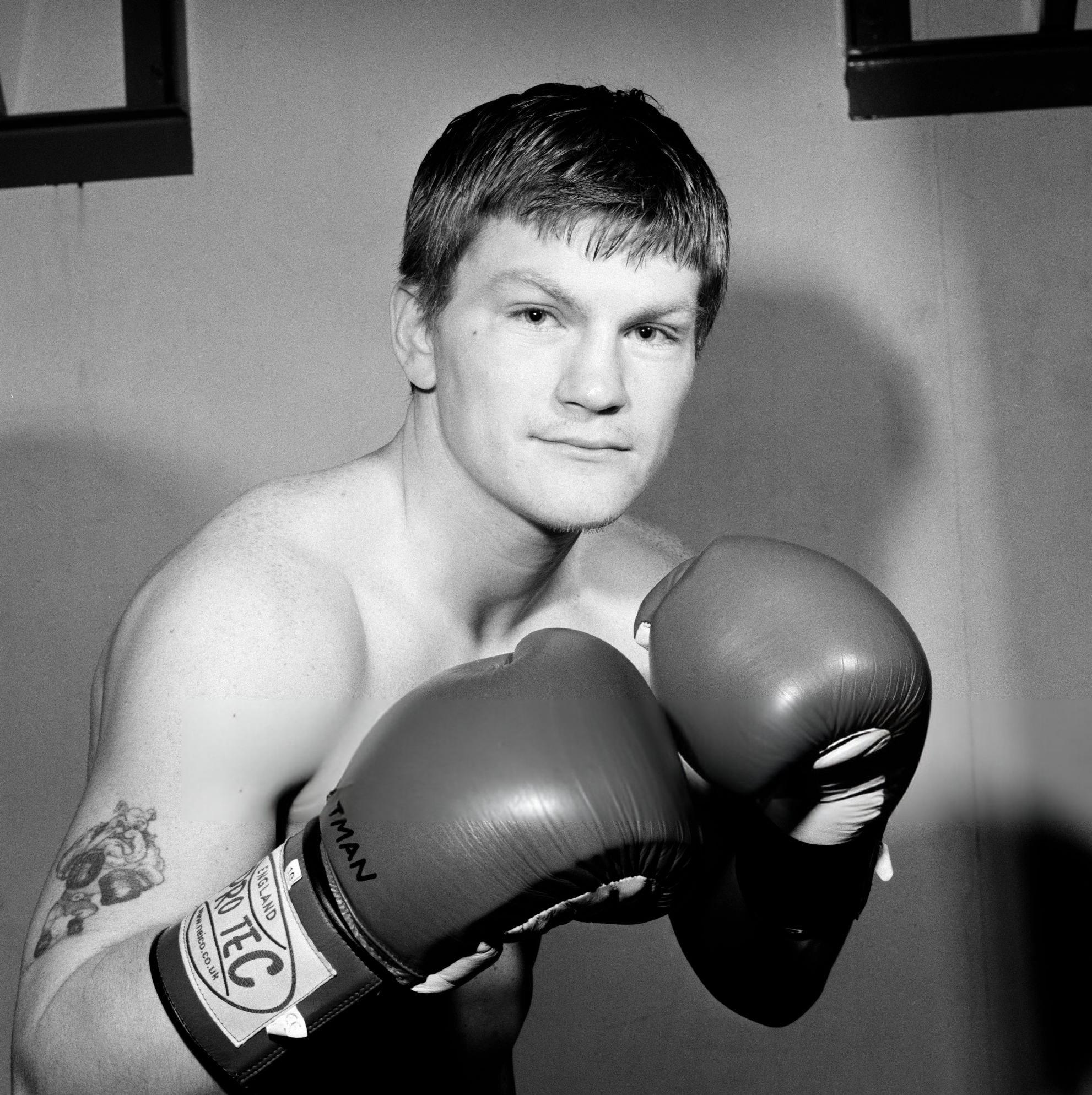
The story of Ricky Hatton is a film whose key scenes weren’t shot only on championship nights. It’s the chronicle of a man from Hyde who climbed to the top, fell, rose again, helped others up — and was preparing to reappear to the roar of his fans. He left far too early, but he left something that outlives any record: the feeling that courage means not only walking down an opponent but also telling the truth about your weaknesses. And that feeling will keep bringing his name back to the stands and to the ring for many years to come.

